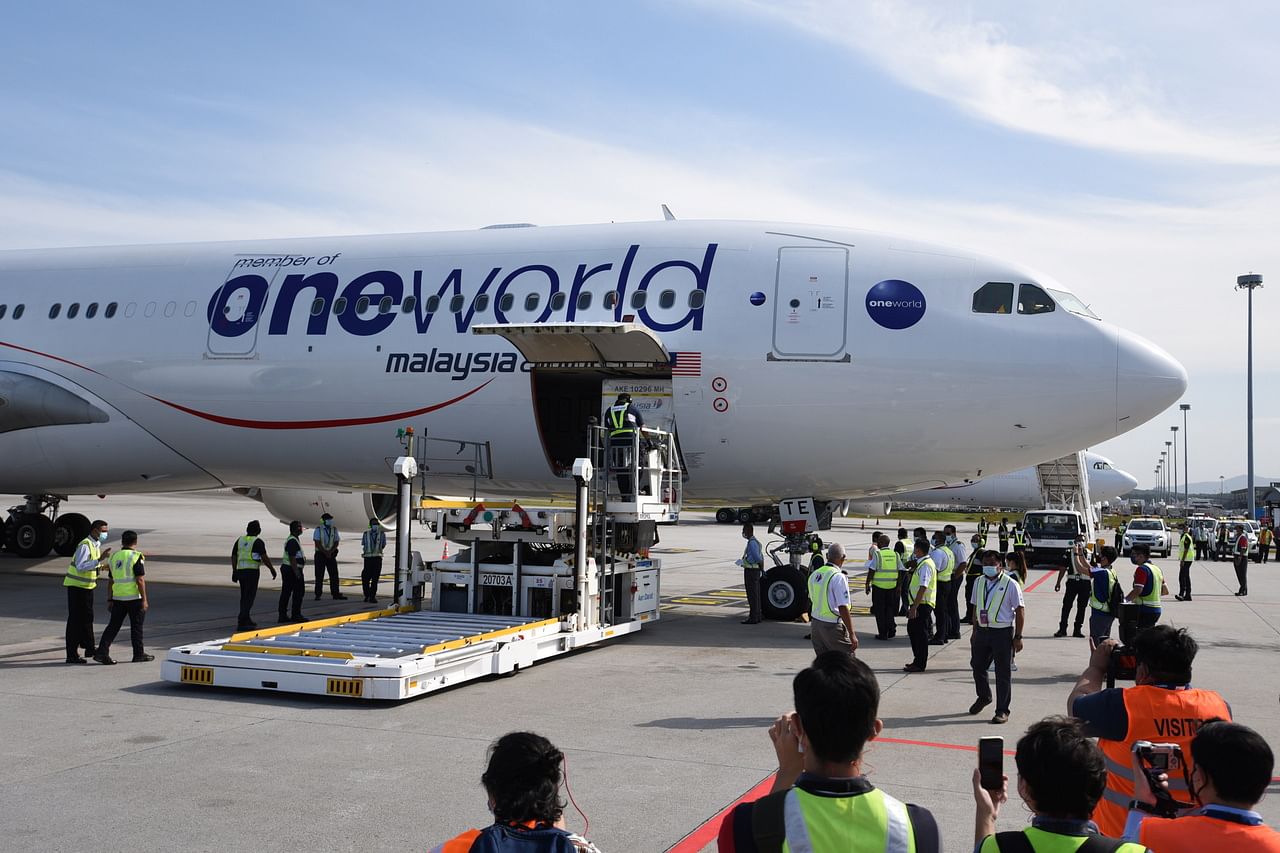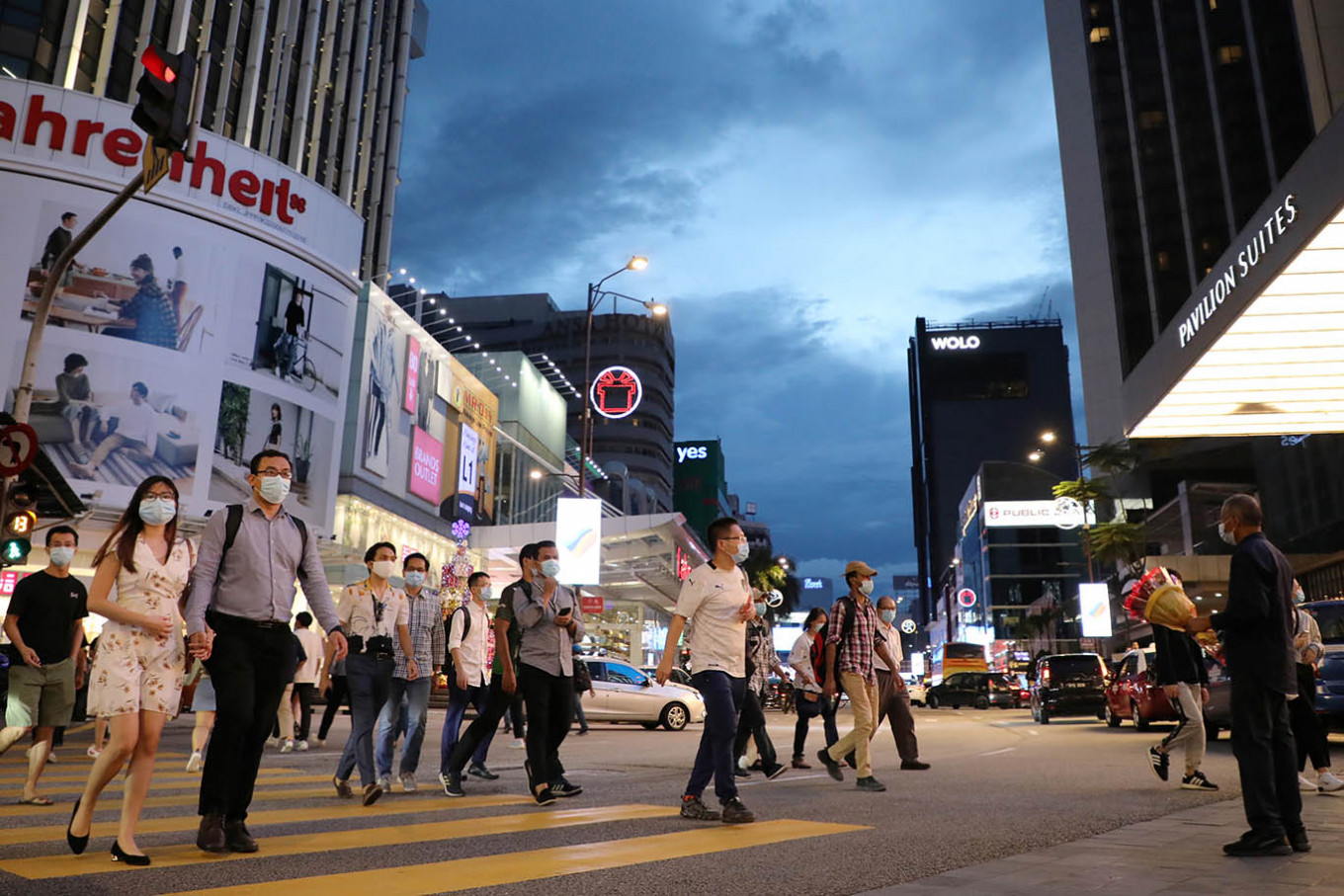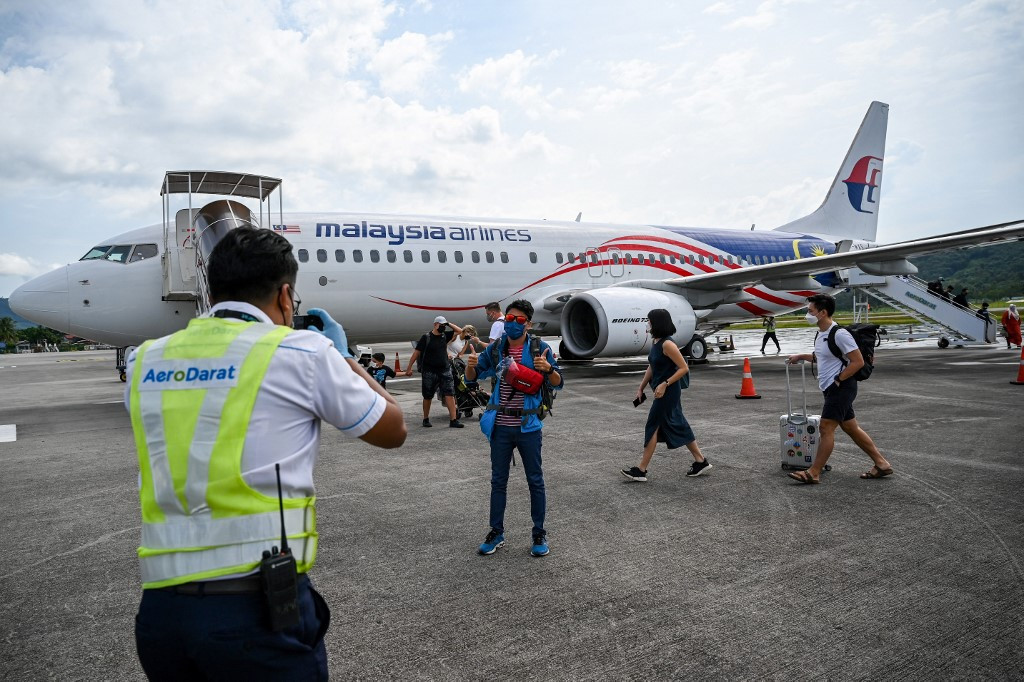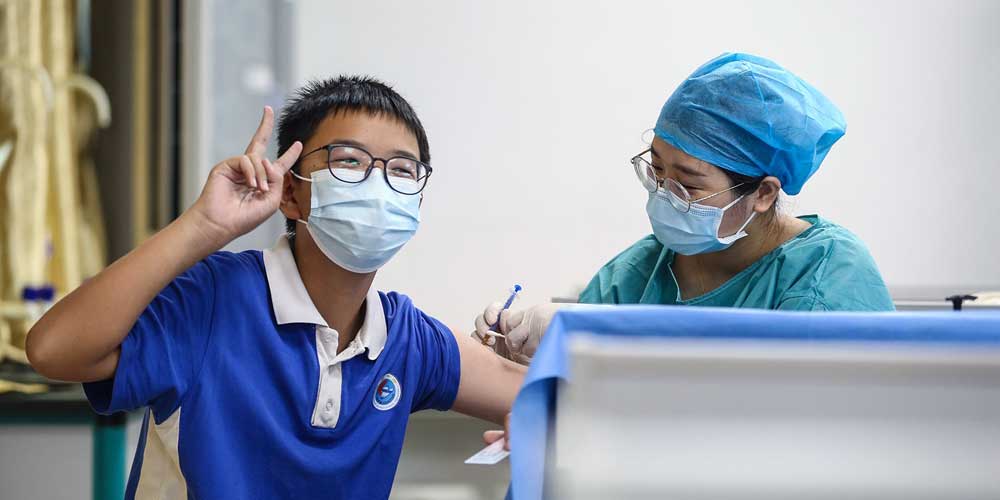The country’s soaring ranks of the fully vaccinated have led to a sharply downward trend in all Covid metrics and, for most, a swift relaxation of restrictions.
The push to inoculate billions of people against Covid-19 quickly became the biggest vaccination campaign in human history. And the numbers suggest it’s working: more than 6.7 billion shots have been administered worldwide.
Here in Malaysia, the Covid vaccines first arrived in the closing days of February 2021. After an initial stumble in logistics and administration, things tightened up, and by late March and into April, Malaysia’s vaccination programme really started to gather steam. By May and June, hundreds of thousands of jabs were being given daily.

As the summer months dragged on, the percentage of Malaysia’s population with full vaccination (both doses) began ticking ever upward. The interval between shots for AstraZeneca was nine weeks, while Pfizer had only a three-week interval; for both, there’s a 14-day period after the second dose for the body to develop maximum immunity. At that point, a person is considered to be fully vaccinated.
Today, about seven and a half months after the first shipment of vaccines arrived at KLIA, that percentage stands at a robust 70.6% of Malaysia’s entire population – over 23 million people in the country are fully vaccinated. For adults, who were until just recently the only residents eligible for the jabs, the numbers are even more impressive: 94.0% of Malaysia’s adult (18+) population is fully vaccinated. An additional 3.2% have had the first dose and are awaiting the second. That leaves only 2.8% of all adults unvaccinated, which is a simply remarkable achievement.
Now, adolescents aged 12 to 17 are getting the jabs, and those numbers are on an impressive rise, too: already, 33.0% of the country’s 12- to 17-year-olds are fully vaccinated, and a total of 79.1% have had at least one dose.

As the vaccination rates in Malaysia have gotten higher and higher, the impact of the vaccines – and arguably the proof of their effectiveness – is impossible not to see. Cases are down. Infectivity and case positivity rates are lower. ICU cases and Covid deaths have plunged. And now, the overwhelming majority of severe illness and death from Covid-19 is occurring in those are unvaccinated.
And increasingly, medical workers, frontliners, and the healthcare industry as a whole is seeing some welcome relief from the immense strain it was previously under, peaking generally in July and August. Now, the overall utilisation of hospital beds in all of the Klang Valley is at just 52% – a figure that also includes non-Covid cases. Whereas on August 11, hospital admissions in the Klang Valley were peaking at close to 1,000 a day, two months later, that number had dropped to just over 300.

On a more visible level for residents, the effects of the vaccines have been seen in the swift, widespread relaxation of most restrictions, from dining in to events to interstate travel. Those who are fully vaccinated are seeing an end to nearly all of the movement restrictions everyone has endured for so long.
Malaysia’s vaccination programme has been a near-unqualified success story so far, and everyone involved – including the tens of millions of Malaysians and resident foreigners who signed up and got their jabs – deserves a healthy measure of praise and congratulations.
It looks like many of us will need to get a booster shot in the future to ensure a high level of protection, but for now, it’s great to be able to reclaim even a little of what we have all missed for close to two years: a hint of normalcy and a sense of hope.


"ExpatGo welcomes and encourages comments, input, and divergent opinions. However, we kindly request that you use suitable language in your comments, and refrain from any sort of personal attack, hate speech, or disparaging rhetoric. Comments not in line with this are subject to removal from the site. "



















